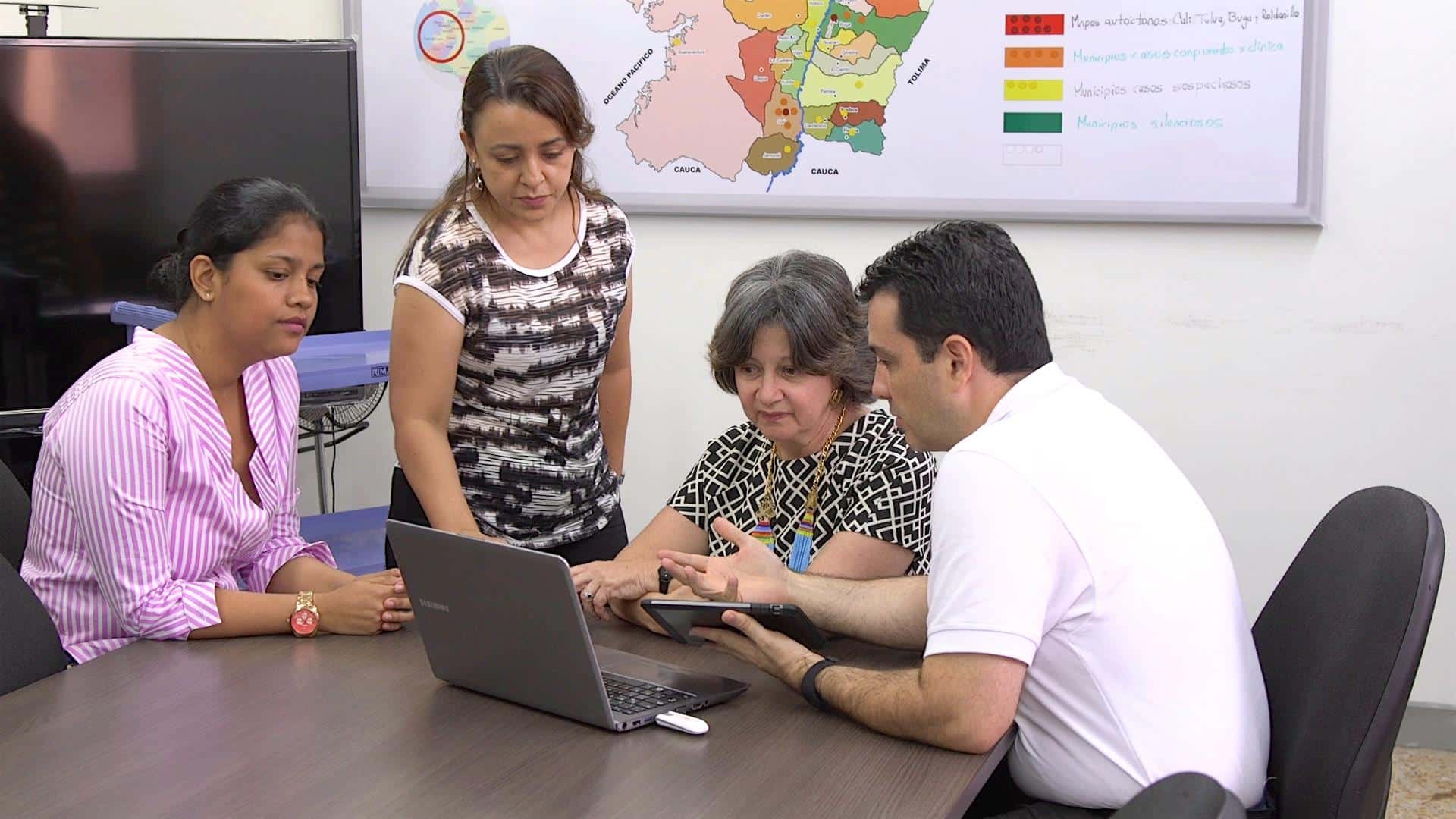Selecting the right real estate broker starts with understanding your specific requirements. Are you buying your first home, looking for an investment property, or selling a high-end estate? Different brokers specialize in various areas of real estate, from residential homes to commercial properties. Start by outlining what you need in terms of property type, location, budget, and any special requirements. This clarity ensures you seek out brokers with the right expertise and track record.
Researching Broker Credentials and Track Record
Once you’ve defined your needs, focus on researching potential brokers. Look for their licensing status, professional affiliations, and any awards or recognitions they’ve received. A broker’s track record can reveal much about their expertise and success rate. Examine their recent transactions, paying attention to properties similar to what you’re interested in. This research provides insight into their market knowledge and negotiation skills, which are crucial for your real estate dealings.
Evaluating Communication and Availability
Effective communication is key in real estate transactions. When you reach out to potential brokers, note their response time and the clarity of their communication. Are they readily available to answer your questions? Do they understand your needs and articulate their strategies effectively? A broker’s ability to communicate clearly and promptly can significantly impact your real estate experience.
Assessing Local Market Knowledge
In-depth local market knowledge is a vital attribute of a competent real estate broker. They should have a thorough understanding of the local real estate market, including current trends, pricing, and neighborhood-specific information. This expertise is essential for guiding you through the buying or selling process and ensuring you make informed decisions.
Checking Client Reviews and Referrals
Client reviews and referrals are invaluable for gauging a broker’s performance and reliability. Look for feedback from previous clients to understand their experiences working with the broker. Positive reviews that highlight professionalism, market knowledge, and successful outcomes are good indicators. Additionally, asking for referrals from friends, family, or colleagues can lead you to trustworthy brokers.
Negotiation Skills and Contract Expertise
A broker’s negotiation skills can make a significant difference in your real estate transactions. They should be able to negotiate effectively on your behalf, ensuring you get the best possible terms. Additionally, their expertise in handling contracts is crucial. They should guide you through the contractual aspects, explaining terms and conditions clearly and helping you avoid potential pitfalls.
Understanding Fees and Commissions
Understanding how brokers charge for their services is important. Fees and commissions can vary widely, so it’s crucial to have a clear conversation about costs upfront. Some brokers work on a fixed-fee basis, while others charge a percentage of the sale price. Knowing these details helps you budget accordingly and avoid surprises later in the process.
Finding the Right Fit for You
Personality and rapport are often overlooked but essential factors in choosing a real estate broker. You’ll be working closely with your broker, so it’s important that you feel comfortable with them. Their approach and working style should align with your preferences. Trust your instincts—if you feel a broker isn’t the right fit for you, it’s okay to keep looking.
Leveraging Technology in Your Search
Technology plays a significant role in modern real estate transactions. A broker who leverages technology effectively can enhance your experience. Look for brokers who use advanced tools for market analysis, virtual tours, and efficient document handling. This technological adeptness can streamline the process and provide you with more convenience and flexibility.
Finding a Realtor in Your Area
When you’re ready to find a realtor, consider using online platforms that connect you with local real estate professionals. These platforms allow you to search for brokers based on your specific needs and location. They often provide detailed profiles, client reviews, and contact information, making it easier to start your search and connect with potential brokers.
Making Your Decision
After considering all these factors, make an informed decision. Choose a broker who not only meets your criteria but also makes you feel confident and supported in your real estate journey. Remember, the right broker can make a significant difference in the outcome of your transaction and your overall experience.
In conclusion, choosing the right real estate broker involves a combination of thorough research, clear communication, and personal compatibility. By carefully considering these factors, you can find a broker who will effectively guide you through the complexities of real estate transactions, aligning with your goals and needs.




